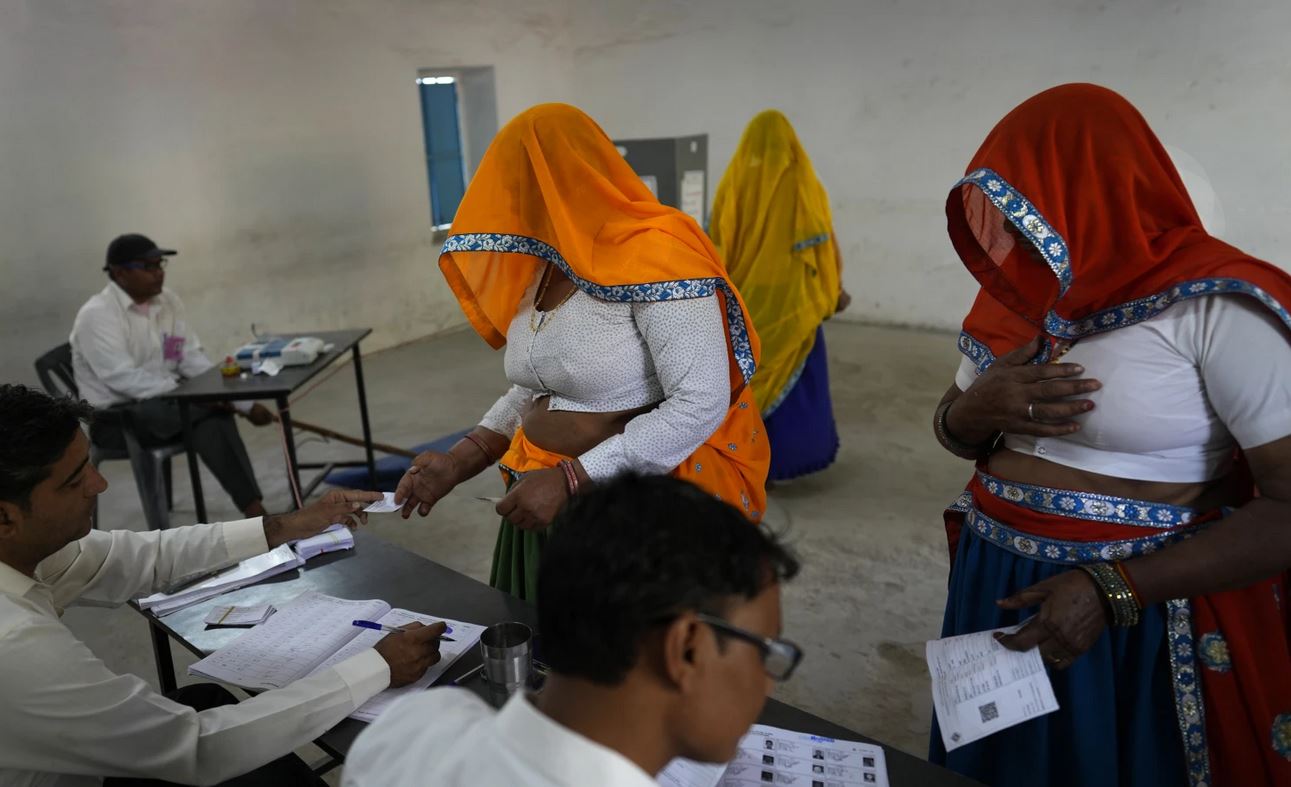
OR
Time for NCP leaders to look within
Published On: December 20, 2018 02:00 AM NPT By: Republica | @RepublicaNepal
Time for NCP leaders to look within
The ruling Nepal Communist Party (NCP) is facing criticism in its ongoing Standing Committee meeting. There are grievances coming from leaders regarding the government’s performance, the tendency of top leaders to favor those close to them and sideline others, even those who have made contribution for the party, and inability of top leaders (Prime Minister K P Sharma Oli and Co-chairman Pushpa Kamal Dahal) to merge local chapters of then two parties—CPN-UML and CPN (Maoist Center)—that were unified earlier this year. These are all legitimate concerns and hopefully top leaders will address them. But there are two worrying indications. First, leaders close to Oli, and Oli himself, are becoming cruelly indifferent to dissenting leaders like Ghanashyam Bhusal and Yogesh Bhattarai. Instead of listening to their concerns they tend to project them as ‘trouble makers’ conspiring against the government and party unity. Oli goes to the extent of threatening the dissenting leaders to quit if they are not happy with the organization. This arrogance will further polarize the party.
The second worrying concern is the tendency of leaders to shift the blame to opponents, media and intellectuals. They are blaming Nepali Congress, even while the main opposition has not been assertive enough. Both Oli and Dahal have become intolerant to media criticism of the government. They seem to have forgotten the fact that Nepali media has supported every good move of the government. This is not what was expected of standing committee meeting. The crucial meeting of the largest ruling party should have been focused on serious soul-searching: Where they failed to work as per people’s expectations, what are the shortcomings and how they can be corrected. By shifting the blame on to the media, top leaders are clearly trying to deflect and divert people’s attention from the real issues. NCP enjoys a two-thirds majority in the federal parliament, has its governments in six out of the seven provinces and majority of local governments. This provides NCP a rare opportunity to work for public good. The government and NCP have been criticized because it is missing this opportunity and is focused on enriching party cadres with various appointments and misusing resources for personal luxury.
Internal disputes are common among Nepal’s political parties. It requires wise handling of allocation of portfolios to the satisfaction of every aspiring leader in the mammoth party. Thus unification process too might take longer than expected to be completed. But there is something the party leadership must never deviate from: Their promise for good governance, rule of law, commitment to press freedom, creating corruption-free Nepal and expediting Nepal’s economic development. These were the promises they made when CPN-UML and Maoist Center came together in 2017. As such the main focus of the party should be on how it can deliver on its own promises and meet the people’s expectations. It would do well for top leaders to reflect on their own performance and correct the mistakes. We expect to see Standing Committee meet come up with something of this effect when it concludes.
You May Like This

Leap forward in 2019
The year 2018 was both inspiring and despairing. A number of events that took place in the past 12 months... Read More...

Rebuild three iconic heritage sites in Kathmandu ASAP
More than three years have passed since the April 2015 earthquake destroyed many of Kathmandu’s heritage sites. Places like Gaddhi... Read More...

Summit is over, think of Valley residents
The fourth Bay of Bengal Initiative for Multi-Sectoral Technical and Economic Cooperation (BIMSTEC) summit has concluded successfully, so far as... Read More...

Just In
- Indians vote in the first phase of the world’s largest election as Modi seeks a third term
- Kushal Dixit selected for London Marathon
- Nepal faces Hong Kong today for ACC Emerging Teams Asia Cup
- 286 new industries registered in Nepal in first nine months of current FY, attracting Rs 165 billion investment
- UML's National Convention Representatives Council meeting today
- Gandaki Province CM assigns ministerial portfolios to Hari Bahadur Chuman and Deepak Manange
- 352 climbers obtain permits to ascend Mount Everest this season
- 16 candidates shortlisted for CEO position at Nepal Tourism Board







_20220508065243.jpg)










Leave A Comment